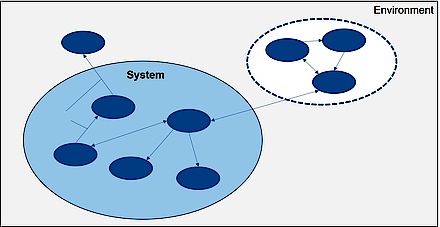MA - Systems Enginerring

Engineers are increasingly working on an interdisciplinary basis in product development in order to be able to analyse the requirements of complex technical products and translate them into technical specifications. The required characteristics of future products must be taken into account as well as the available production technologies. Systems thinking is a fundamental approach here, which is implemented in systems engineering - an interdisciplinary development methodology for such complex technical systems.
Information on
| Module number | Rotation | Target group | Module name | Scope | Language |
| M.104.7216 | Every Winter term | Master | Product and Process Design | V2 / Ü1 | German |
Contents
- Motivation and significance of systems engineering (SE)
- Development/history of SE
- Systems theory and systems thinking
- Life cycle-orientated and interdisciplinary development
- Sustainability in systems engineering
- The role of the systems engineer
- Processes in SE: planning, stakeholder management, requirements, system architecture,
- implementation, integration, verification and validation, risk management, etc.
- Tailoring the SE reference model for individual application
- Model-based systems engineering (MBSE)
- Modelling languages UML, SysML, CONSENS
Goals
Students gain an insight into the procedure for developing complex and extensive systems. They learn how to apply methods for system modelling and the basic rules of interdisciplinary cooperation. The SE course combines technical and organisational aspects of a development project and uses a process framework to teach the procedure and its individual adaptation for transfer to their own projects.
